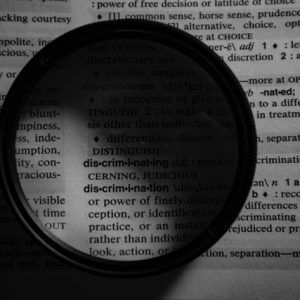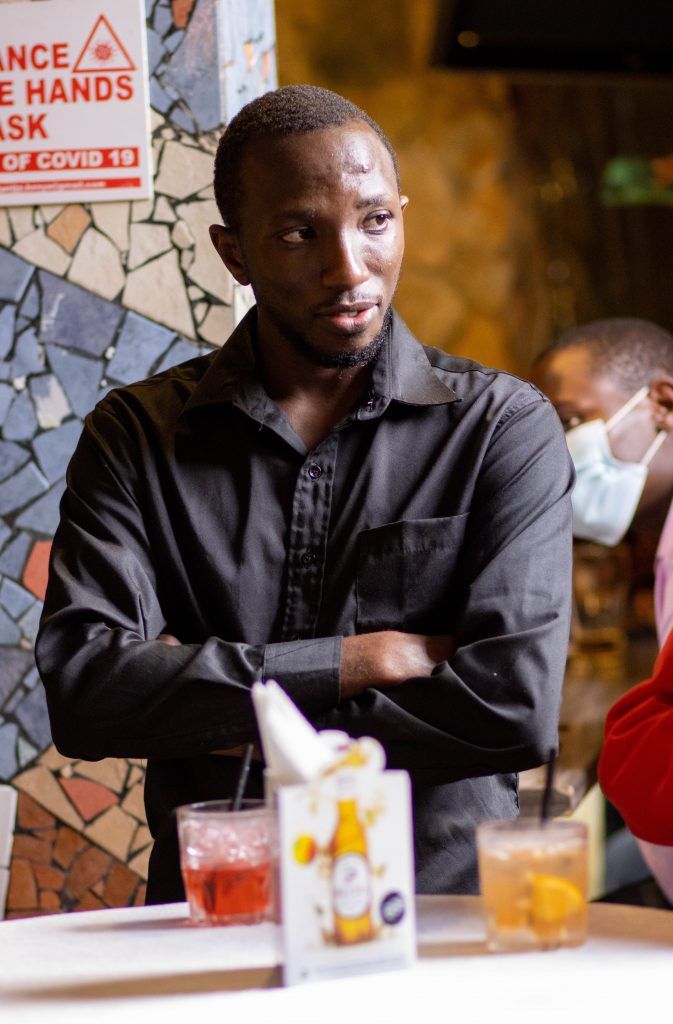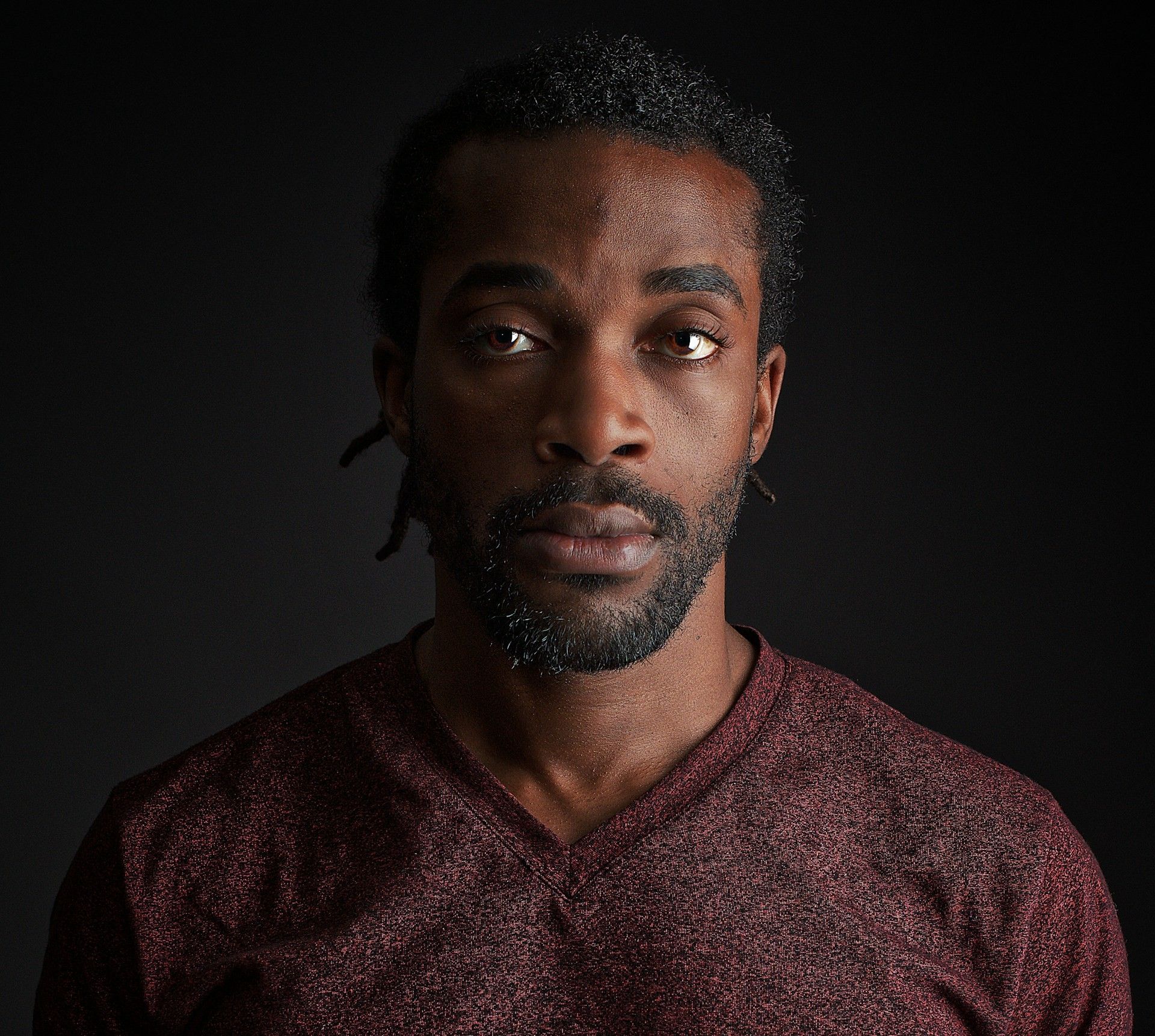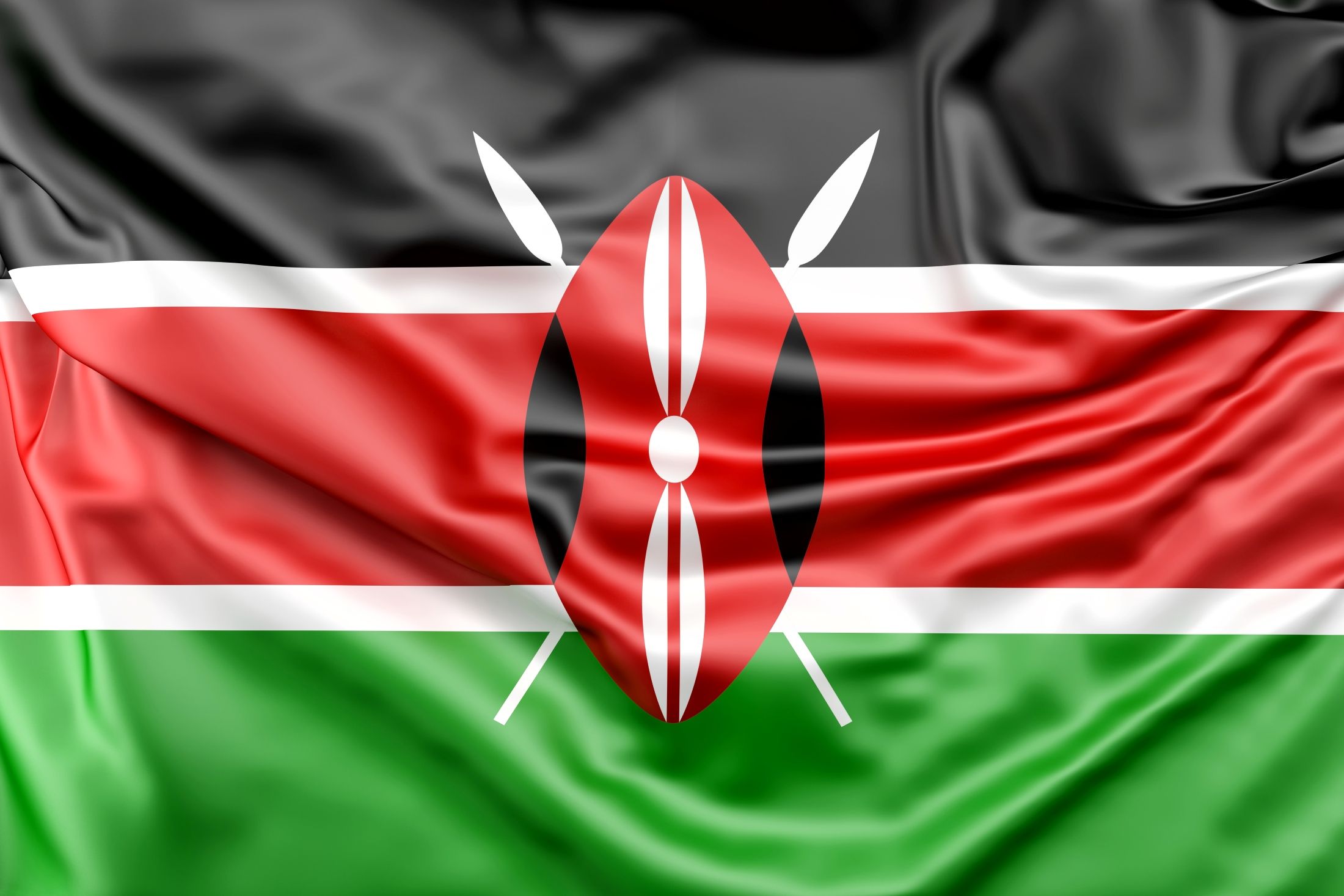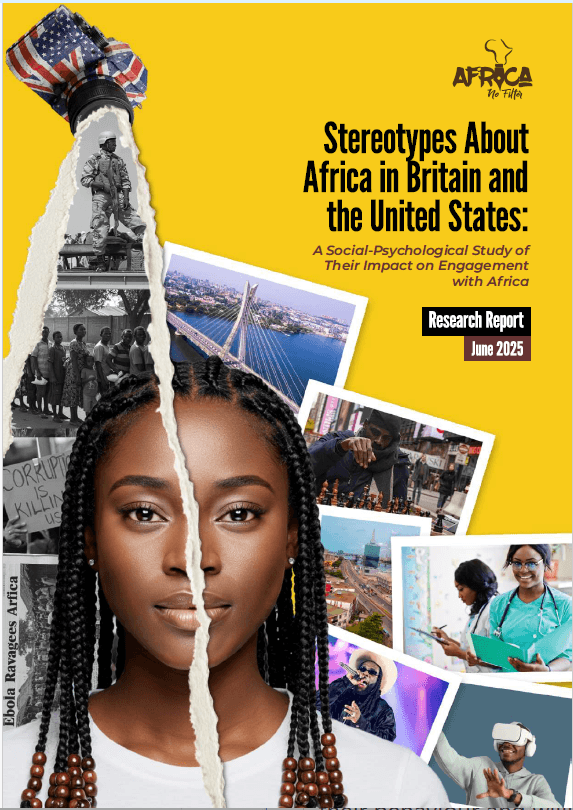It started as a debate on my Facebook account on New Year's Day 2021. I was on an Africanism vibe. I had declared that I would only consume African content in 2021 (I was unable to sustain this but I did gravitate towards more local content, so I somewhat succeeded in the long run). I started by buying some books, one of which was about African awakening from mental colonization, a book by Professor Kihumbu Thairu, published in the seventies; titled: The African Civilization.
Now, there was a quote in the book that truly stung me. It went: "The language of a conqueror when spoken by the conquered is the language of a slave."
Of course, I posted it. That sparked a debate that devolved into "is English a measure of intelligence?" Posts were written, feelings were hurt, etc, the usual. Somebody remarked on one of my posts that it was ironic how we were all having this conversation in the very language we seemed to be demonizing.
Challenging myself
Feeling challenged, I embarked on an attempt to post solely in Kiswahili. This was when I took up the moniker "Muswahili" because I knew Facebook wouldn't allow me to change my name for two months, so the name would serve as a psychological reminder of my goal. I sustained the momentum for ten days and saw significant progress. I went from not being able to write a complete sentence in Kiswahili to writing a whole book review (Uhakiki) in Kiswahili with a modicum of polish that gave me a sense of pride.
Even after I went back to posting in the Queen's language, the issue of language never left my mind and I wrote and thought about it frequently, especially Sheng. When I started listening to Wakadinali, I was fascinated by the nexus between language, environment, and art that they so perfectly and richly are.
Also read: The Story of How Swahili Became Africa’s Most Spoken Language
The second attempt
Two weeks or so ago, I made a post about the Luhya community's fascinating mastery of Kiswahili. This post generated unusual attention and it convinced me to make a second attempt at Kiswahili posting. Once I started doing it, I noticed unusual traffic even from characters I have never seen comment on my stuff. It reminded me of a friend who said he didn't find my posts relatable, that they are too elitist. I wondered if writing in Kiswahili had made my posts more relatable to a larger audience.
I started to observe the interesting effects of posting and thinking in Kiswahili. For instance, I started to feel more grounded. Even my writing in English, like right now, feels to me more grounded. I suspect it's because my mind is starting to acclimatize to Kiswahili which is a more grounded language – and as a Kiswahili novice, I haven't the language for high abstraction.
Impact of my challenge
I became interested in the idea of African Renaissance. I suddenly found myself understanding such things intuitively. I can now somehow see the connection between language, religion, culture, politics, trade, geopolitics, science, technology, spirituality, etc. More like I can sense the links, though I haven't truly broken it down with my mind. But I know I am beginning to see.
I began to realise that there is a disconnect between our Englishified brains and the reality around us. I began to feel more at home in my environment, like a guru attaining a state of calm. Maybe I'm reading too much into it. But I really think there is a sense of groundedness that intellectuals can often lack because English is a language that lives in the clouds, in theory, in abstraction. It is not a language with roots in the African environment. It's an implant, it wasn't born here.
What we are missing
I began to understand why we always say "kwa ground vitu huwa different". See, online narratives are in English, but life outside social media takes place in Kiswahili, Sheng, and mother tongue languages. So online activism and theory may fail to bear sufficient fruit because there is a disconnect between the theory and the ground. The theory is not transmitted in the language of the ground, so translation is needed and sometimes the concepts are too abstract to translate into ground language. Often, when you say you want to understand these ideas, you will be directed to articles or YouTube videos created by people from the West, which is a clear indication that these are not home-grown ideas.
It reminds me of a line by Sewersydaa Mkadinalii: "Hamuezi niambia ju ya africanism na nyinyi wote mmebleach". That's deep. It's not even hypocrisy or double standards per se that makes people’s lives so disconnected from their intellectual ideals. Sometimes it's blindness. See, a narrative creates a certain fantasy in your head, but when you go back to your real life, I mean when you log out of social media, you forget your online narratives and live your "kwa ground" life. Narratives blind you from seeing reality. That’s what fantasies do.
This is key. We use English and have beautiful fantasies in our minds about what could or should be, but live a reality that clashes with our proclaimed ideals. Since we don't break down our concepts and abstractions into a practical philosophy that is fit for our environment, our ideas remain ideas. The ideas also tend to attract people who think like us, birthing an elite rather than a people's movement.
I begin to understand why Ngûgî wa Thiong'o had to write in Gikuyu. He wanted literature to sink into the very soul of the target environment. He wanted to rescue literature from the hallowed halls of academia and give it back to the people. Ngaahika Ndeenda was a successful play, with Limuru farmers and mama mbogas being the actors. The government was so afraid that leftist ideas were being communicated to mwananchi that they arrested Ngûgî for being a potential political threat and razed the Kamiriithu Community Education and Cultural Centre to the ground. Later, Ngugi would go into exile, to the West, cut off from the very environment he wished to enlighten.
We would not have unrealistic fantasies, unrealistic standards, and unrealistic ideas if we consumed more of our local content. And I mean local content that accurately captures our environment and its realities. Language is a key part of achieving this.
The future
For that reason, I celebrate the steps we have made as a nation in freeing ourselves from musical domination by Tanzania and Nigeria. God bless Gengetone artists for being the saviours of our formerly colonized musical landscape. God bless Wakadinali for believing in themselves and continuing to rap in Sheng all these years; believing siku moja itajipa. God bless Citizen TV for beginning the journey of rescuing our television programming from domination by Western content. God bless Royal Media Services for gifting us a treasure trove of vernacular radio stations and TV channels. God bless Prof. Matiang'i for the digital migration that saw an explosion of local programming. God bless YouTube for giving our content creators the opportunity to make limitless local content. God bless TikTok for opening the floodgates of content creation to all ages and languages.
In a decade or two or three, our sense of Kenyanness will be truly rich, and I am happy. As we consume our content and speak our languages, we will open our eyes. We will stop living in fantasies. We will stop consuming Western propaganda. We will elect leaders who won't be beholden to the West; they will be proud. We will start having common sense and stop being lambistic. We will understand our problems as a nation and solve them. This is the meaning of African Renaissance. It is an awakening based on kujijua na kujielewa. Its effects spread to family, leadership, geopolitics, trade, culture, art, self-esteem, science, technology, business, economy, military ... We can be a wealthy, prosperous, secure people. Like Simba in Lion King, we have to REMEMBER ourselves. Renaissance means to remember and rebirth.
Also read: The Rise and Rise of the African Renaissance

